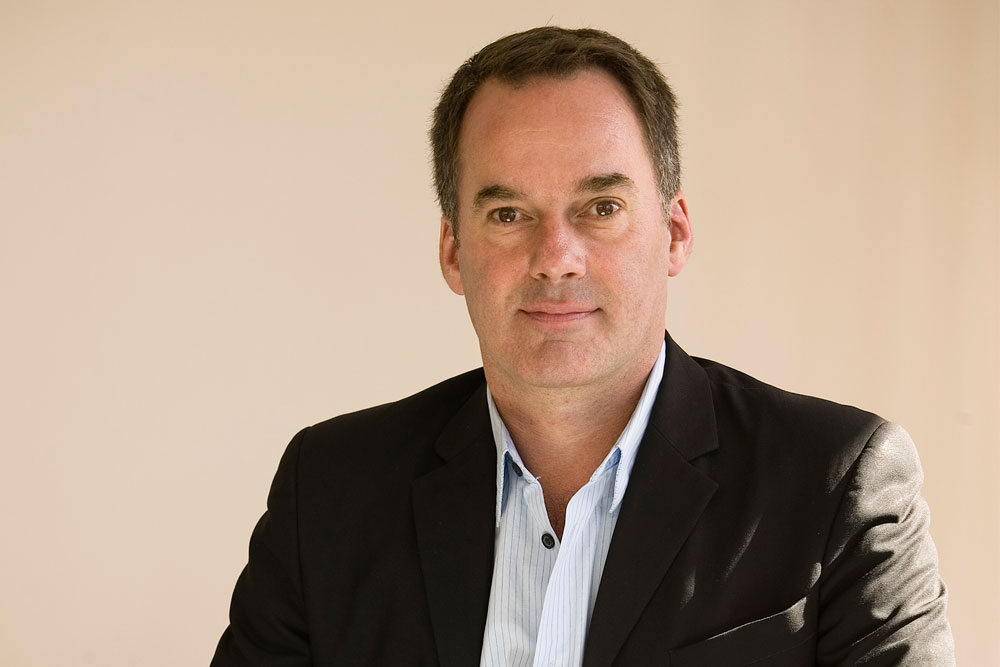Podcast – Graeme Mason: Screen Australia
Hear from Screen Australia’s CEO Graeme Mason in this extended interview on everything from production activity to deals, distribution and the Producer Offset.
 Graeme Mason
Graeme Mason
To coincide with the release of the 2017/18 Drama Report, Screen Australia CEO Graeme Mason takes a moment to reflect on dramatic changes over the five years he’s been in the job, what the industry needs to be aware of, and why he’s watching Gogglebox.
In this wide-ranging interview, Mason talks about his background in the industry up until joining Screen Australia in November 2013, before delving into the findings of the Drama Report, highlighting the achievements within the sector, and addressing some of the concerns that have arisen.
Mason says whether you work in film, television or online, you need to arm yourself with knowledge: “The world is changing so fast, you have to keep abreast of it.”
Mason also challenges any suggestion that feature film is not a priority for the agency, alongside television and online.
“We’re in the film business. We think it’s a really important medium culturally and creatively,” he says, adding that 2018 has seen the success of numerous Australian features, from Sweet Country to Peter Rabbit, Ladies in Black and Breath.
But he says the ongoing challenge for creatives operating in that space is that the consumption, production and distribution of feature film is not what it once was.
“If you’re coming to the government and asking for money – no matter how small or large that sum is – how are you going to connect to an audience?”
Mason also discusses the reasoning behind the need for a local distributor and international sales agent in the production funding guidelines; how the film festival circuit has changed; and how when an application comes to Screen Australia, the agency and external assessors have to weigh up a number of factors.
“What we can’t do is just help stuff get made that no one’s going to see, or doesn’t really, really clearly add to the cultural value and worth of the conversation or clearly, if it all works out, lead to some career path,” he says. “So we’re looking at all those things and I cannot tell you enough, people often wilfully ignore all three.”
But for those that keep their eye on the prize, there is a lot of opportunity in this new screen landscape. Mason acknowledges the increasing demand for quality Australian stories in international markets and the opportunity they present.
However, he also says this can create some hurdles for creatives negotiating deals across different formats and budgets – whether that’s a traditional television model, a project with a streaming platform, or a low-budget online webseries.
What he says Screen Australia will not do is agree to support a bad deal that would create a precedence for the future.
“Some of the stuff we’ve seen has just been beyond the beyond, where the rights holders wouldn’t make any money even if their TV show sold to every single network around the world; that if a film took over $200 million the locals wouldn’t see one cent; where gap lenders were getting final cut – now that means a bank is getting final cut on a project.”
He asks creatives to come to Screen Australia as early as possible – whether the agency will have equity or not – to discuss a deal, rather than let it progress too far down the track.
Mason’s hope is that 2019 brings with it a new sense of positivity, where those within the industry are actively creating, watching and supporting Australian content.
“It is an extraordinary sector that we have the privilege of operating in,” he says.
Read the Drama Report here
Subscribe to Screen Australia Podcast on iTunes, Stitcher or Pocket Casts

What to read next
Boy Erased writer/producer/actor/director Joel Edgerton on how his passion for this true story led to a whirlwind turnaround from page to screen.
16 Oct 2018
Caris Bizzaca